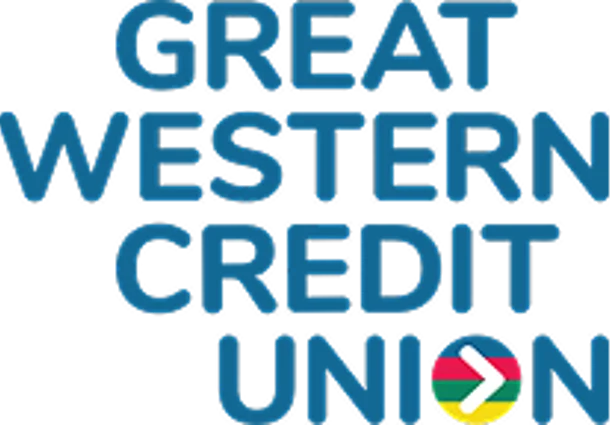Smarter ways to manage debt

Inflation is the overall rise in prices of the everyday goods and services we use. Since 2021, we’ve been experiencing rising inflation, with prices for things like groceries, clothes and energy increasing rapidly. Wages haven’t had time to catch up, and this has contributed to the cost-of-living crisis that’s impacting everyone in the UK.
If you have any debt, including credit cards or personal loans, high inflation can have an impact on your total debt amount as well as what you can afford to repay each month.
Here we explore why it’s so important to keep paying off your debts when inflation is high. Plus, we look at some ways to rearrange your debt, which can make it easier to manage when times are tough.
What does high inflation mean for savings and debt?
When inflation is high, our money doesn’t stretch as far. The money we have coming in each month from wages and benefits loses its purchasing power as the price of everyday goods rises.
Any savings you have also lose their purchasing power, because the rise in prices means you can’t buy as much with the same amount.
Different types of debt are affected in different ways when inflation is high. This is due to the fact that high inflation leads to higher interest rates. If you’re on a variable interest rate (such as on a credit card or variable rate loan) you’re likely to end up owing more. If you have a loan that has a fixed interest rate, as all GWCU loans and products do, your loan amount will stay the same so you won’t end up paying more in the long run.
How high inflation affects credit card debt and other debt
Credit cards usually come with a variable interest rate, which will usually go up when inflation is high. This means all the debt on your card will be charged at the higher interest rate. Even when inflation and interest rates start to drop, you’ll still owe any interest that has built up. As more interest is added each month, this can quickly spiral to much higher debt if you haven’t been able to pay off your card in full.
This also happens on loans with a variable rate. As interest rates rise, the total amount of debt you owe goes up. If you have fixed monthly repayments, you’ll end up paying them for longer to clear the higher amount of debt that’s built up.
What you can do to manage your debt better during high inflation
-
Use a fixed rate loan to pay off a variable rate debt - if you have any debts that have a variable interest rate, explore switching to a loan with a fixed rate.
-
Use a fixed-rate loan to consolidate other debts – consolidate multiple variable rate debts with one loan that’s easier to manage each month. This can be a more affordable way to borrow, especially when inflation is high.
-
If you’re struggling to repay each month, talk to your lender – your lender might be able to reduce your monthly repayment amount so that you don’t risk missing any. This may affect the overall amount you repay, as you will be paying back the loan for longer so you may have to cover additional interest.
GWCU offers a fair, affordable and more predictable way to borrow
We know how important it is for people and families to have access to fair, affordable finance. That’s why we take a responsible approach to lending, with products designed to help you out of difficulty, not send you deeper into debt.
We offer consolidation loans with:
-
A fixed interest rate starting from 13.9%
-
Zero set up fees
-
Affordable repayments to work with your budget, either weekly, fortnightly or monthly
-
No charge for repaying early, so you may be able to clear your debt quicker
Use our loan calculator to see how much your repayments would be on a consolidation loan. Or contact our friendly team at info@gwcu.org.uk and we’ll be happy to go through your options.
